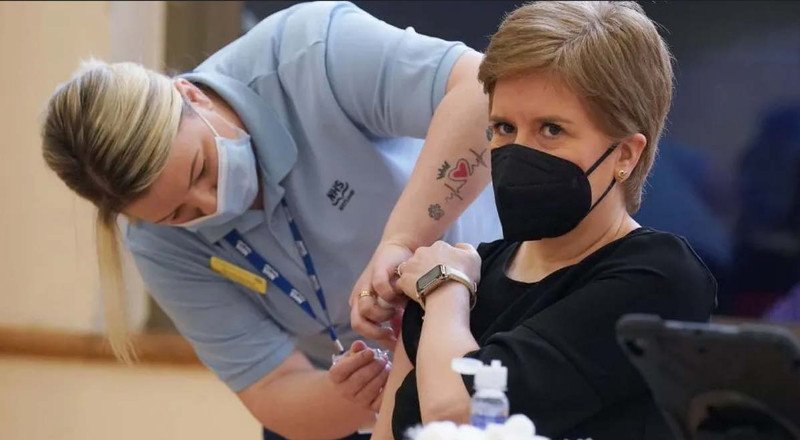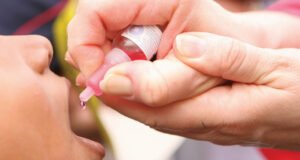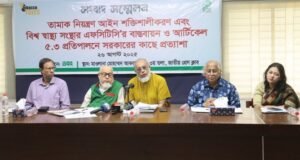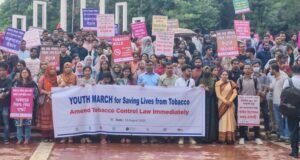
The UK Covid inquiry is sitting in Edinburgh over the next three weeks as it focuses on pandemic decision-making in Scotland.
Key witnesses are expected to include former first minister Nicola Sturgeon.
Former health minister Jeane Freeman and national clinical director Prof Jason Leitch are also expected to give evidence.
It is the first time the hearings have taken place outside of London since it began in August 2022.
A total of 12 sessions will be held at the Edinburgh International Conference Centre (EICC) between 16 January and 1 February.
It is now almost four years since 20 March 2020, the day that schools shut down, and pubs and restaurants were ordered to close because of the risk of spreading the Covid virus.
Having questioned UK ministers and officials, Baroness Hallett and the UK Covid Inquiry team will turn their attention to the decisions made in Scotland and their impact on people here.
‘More cautious approach’
At the time of the first lockdown, there was a generally collaborative ‘four nations’ approach, but as the pandemic progressed, there was a divergence in strategy.
Nicola Sturgeon was widely praised for her clarity and holding daily briefings to update the public but she herself would often talk of Scotland taking a ‘more cautious approach’ to opening up again after virus restrictions.
During the London hearings we heard evidence from UK government ministers of tensions between Westminster and the devolved administrations.
Former prime minister Boris Johnston told the inquiry he feared a ‘mini-EU of four nations’, sending Michael Gove to lead meetings with the nations.
The former UK health secretary, Matt Hancock told Lady Hallett he did not think it logical to have devolved powers handling communicable diseases.
And constitution expert Prof Ailsa Henderson told the inquiry that politics, and not public health, influenced some positions taken by the UK government.
In her testimony, the Edinburgh University professor said there was a “fear of leaks” from the devolved administration and the UK government perceived a “self-serving nature” to their motives.
She said the UK government never expressed the opinion that it might improve decision-making if more voices from across the UK were included.
Political opportunism?
Scotland’s ability to go its own way during Covid was limited. For example, mass testing and vaccination as well as the furlough scheme, were funded and co-ordinated by the UK government.
But ministers in Scotland set rules on how many people were allowed to gather together, whether schools and businesses could open up, and where face masks were required.
So the inquiry may also probe whether political motives contributed to differing approaches in those areas, or whether distinctive Scottish decisions were based purely on alternative scientific advice.
It will likely also address the question of whether leadership was strong as it should have been at such a crucial time.
Rule-breaking in Downing Street and Whitehall during the pandemic is well-documented but in Scotland too, there were human failures.
Just two weeks after she gave a background briefing at the start of the first Covid lockdown, Scotland’s Chief Medical Officer Catherine Calderwood was forced to resign after being spotted visiting her second home in Fife.
Dr Calderwood has been excused from giving evidence for the foreseeable future for health reasons.
Also among the many issues the inquiry will tackle in the coming weeks will be the thorny topic of WhatsApp messages.
After some delays the Scottish government has sent 19,000 documents and 28,000 Whatsapps to UK inquiry.
The impact on Scotland
In Scotland to date, more than 18,000 people have died with Covid and Office for National Statistics (ONS) analysis suggests death rates were very similar in Scotland and England and slightly better in Wales and Northern Ireland.
The ONS compared death rates during the pandemic with those seen in the five years before it.
The question the UK Covid inquiry will ask is did the different decisions in Scotland have any real impact on the virus, for better or worse?
Over the next three weeks the focus will be on key decision-making, with Ms Sturgeon expected to be called towards the end of proceedings.
Lady Hallett’s inquiry will then do the same in Wales and Northern Ireland, before turning its attention to the impact of the pandemic on healthcare across the UK.
Separately, a Scottish Covid Inquiry, commissioned by the Scottish government, will continue to consider evidence after a short break.
Under its chairman, Lord Brailsford, it has started from a very different point, with the first phase of hearings taking evidence from dozens of ordinary members of the public for whom the consequences were the most devastating.
Political decision-making will instead come at the end of its schedule.
But both inquiries have a long way to go before making recommendations to ensure we are better equipped for any such event in future.
 Weekly Bangla Mirror | Bangla Mirror, Bangladeshi news in UK, bangla mirror news
Weekly Bangla Mirror | Bangla Mirror, Bangladeshi news in UK, bangla mirror news







